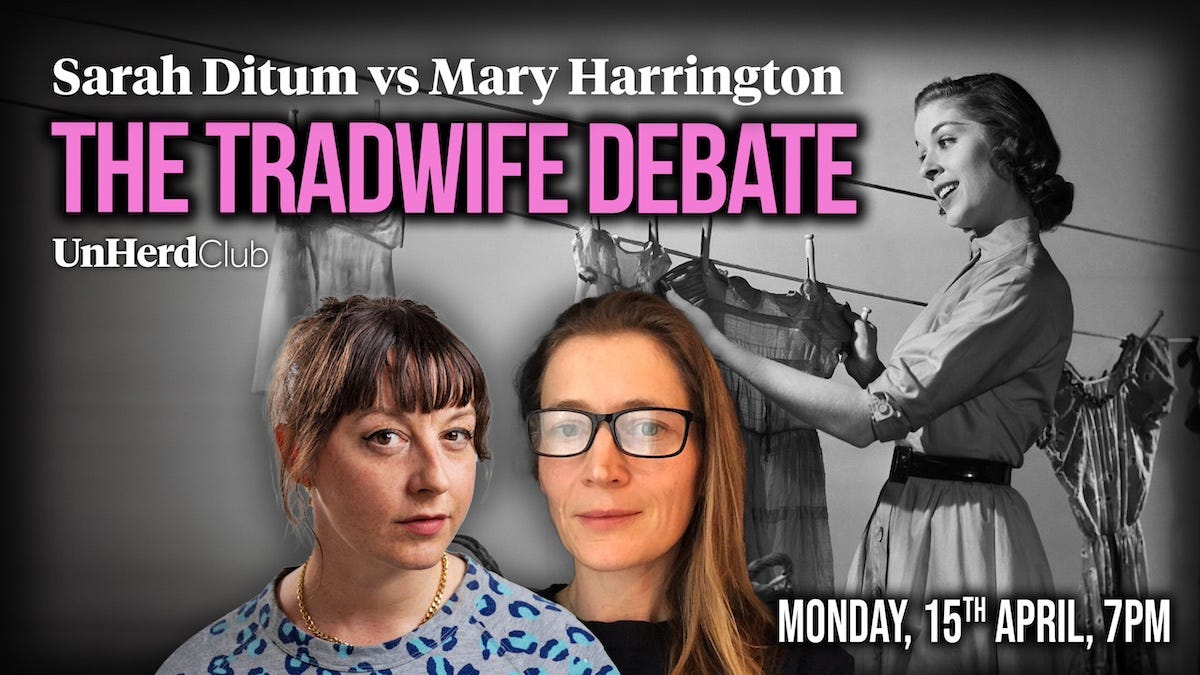"Willed Imaginary Friends"
This week, Eliza Mondegreen offers a deep dive into a fascinating internet subculture. The strange world of tulpamancy can help us understand the danger and the allure of replacing our embodied lives with disembodied online versions.
Fairer Disputations
Lost in the Mindscape
ELIZA MONDEGREEN
Lately, I’ve been thinking about what happens when our attention shifts from the world outside to the world inside. I’ve been thinking about the curious practice of tulpamancy: the conscious cultivation of a sentient being—a “tulpa”—believed to live in one’s head. Tulpamancers—who find each other online on sites like Reddit—create “a willed imaginary friend,” with the expectation that this creation will take on a life of its own, with its own interests, beliefs, and preferences. That is, tulpamancers believe there will be a moment in the process where the tulpa ceases to be “produced” by the host’s imagination and begins to produce itself.
The world of tulpamancy is stranger and lonelier than most. Yet it’s an extreme example of a ubiquitous phenomenon: people looking for meaning and belonging online.
The Weekly Round-up

Fairer Disputations
This Week: Birth Trauma, Artificial Wombs, and the Cass Report
THE EDITORS
This week: Hannah Barnes on birth trauma, Katy Faust on artificial wombs, Lisa Selin Davis on the Cass Report, sex robots, TikTok, what featured author Helen Roy is reading—and more!
From the Archives
Katherine Dee on why sexual orientation is no longer about who you actually have sex with.

Fairer Disputations
It's a Vibe: How Sexual Orientation Lost the "Sex"
KATHERINE DEE
Progressive Zoomers would say this decoupling of sexual activity from identity befits the complexity of these categories: they’re as fluid as an individual’s feelings, and their meaning evolves with one’s environment and internal state. But what, ultimately, is so “complex” about sex that it defies language? Culture war skeptics cynically suggest skyrocketing rates of bisexuality are a result of some combination of attention-seeking, social contagion, or mental illness, but this underestimates the fundamental shift in how we conceptualize gender identity and sexuality.
Another theory is that some identities have been subsumed into online affinity networks— participatory digital communities driven by a specific interest.

The Tradwife Debate
After Western feminists celebrated the end of the 50s housewife, it was hard to imagine that ultra-traditional marriages would make a comeback. But the second wind of the ‘tradwife’ has become a modern social movement, with young women choosing to forgo free love in favour of serving their husbands. How did we get here? And what does the return of tradwifery tell us about our culture? Join Mary Harrington and Sarah Ditum as they debate the second wind of the tradwife.
April 15 • 7 pm BST •. UnHerd Club, London, England
We Need Your Support
Fairer Disputations relies on donors to keep us running. Give here, or contact info@fairerdisputations.org to discuss how you can help.





